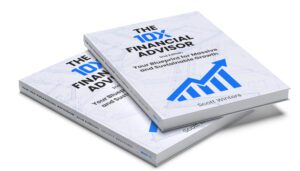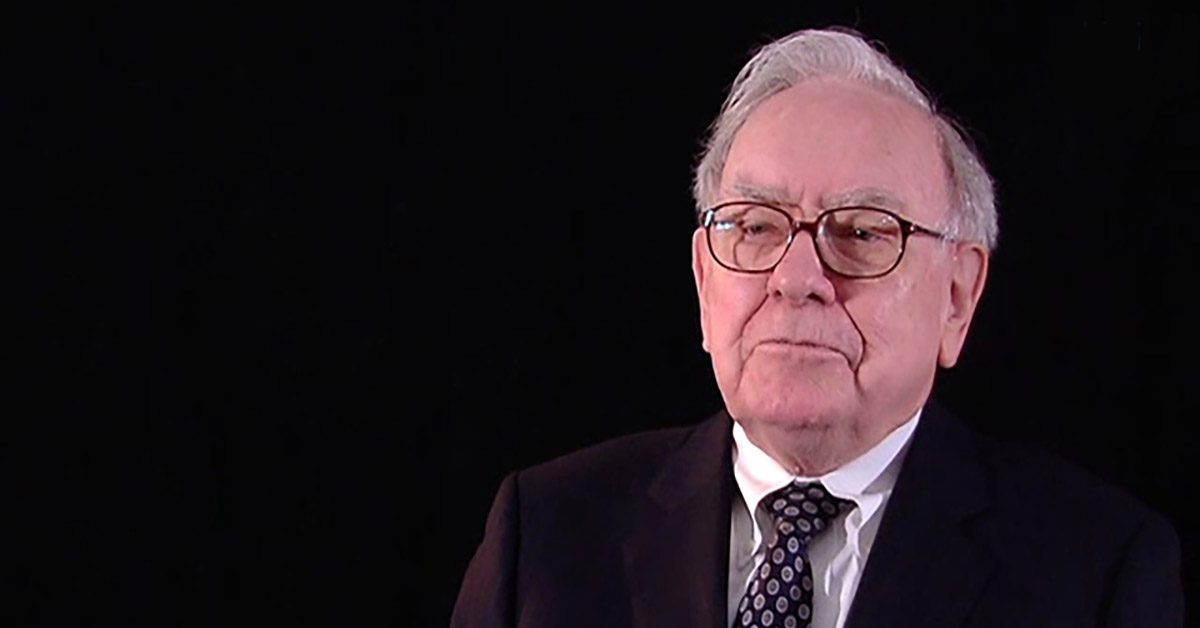When one of my sons was in middle school, he decided he was going to be the next canine tycoon of our neighborhood. His business plan? Start a dog-walking service. Simple enough. We lived in a fairly affluent town where dogs were basically treated like family members—some had better wardrobes than I did—so I figured, “Why not? There’s a market here.”
He printed flyers, made a logo in Microsoft Paint (remember that?), and set his pricing strategy: undercut the competition. If the going rate was $20 a walk, he’d do it for $15. And at first, it worked. He picked up clients fast—Golden Retrievers, Labradoodles, a few Chihuahuas with self-esteem issues.
But then something happened. The other dog walkers caught wind and dropped their prices. He responded by dropping his again. Within a month, it was an all-out dog-walking price war. Nobody was making money. My son came to me one afternoon, exhausted and defeated, saying, “Dad, I don’t get it. I have more dogs than anyone, but I’m not earning anything.”
Welcome to your first lesson in commoditization, son.
When you compete only on price, you’re not building loyalty—you’re just training your customers to chase the next discount. You become replaceable. And that, funny enough, is exactly what’s happening to a lot of financial advisors as we head into the biggest economic event of our careers: the Great Wealth Transition.
Over the next two decades, more than $84 trillion will change hands in the U.S. as Baby Boomers pass their wealth to heirs. That’s trillion with a “T.” And yet, here’s the stat that should make every advisor pause: 70% of heirs fire their parents’ advisor within a year of inheriting.
Seventy percent.
That’s not just a leak—it’s a flood.
Why? Because, like my son’s dog-walking business, too many advisors look the same. They use the same language, the same models, the same tools. They’re competing on price, performance, or convenience instead of purpose, personality, and relationship. They’re trying to hold onto old clients instead of building bridges to the next generation.
The result? When Mom or Dad passes, the kids walk the money right out the door—often into the waiting arms of an advisor who actually talked to them once or twice.
Here’s the truth: the Great Wealth Transition isn’t just about assets—it’s about relationships, values, and trust moving across generations.
If you’re not in those conversations already, you’re not in the picture when it counts.
Millennials and Gen Z don’t think about advisors the way their parents do. They don’t want a “financial guy.” They want a financial partner—someone who understands their worldview, their tech habits, and yes, even their TikTok references. They want transparency, flexibility, and authenticity.
They want to know you’re not just managing money—you’re helping them live a life that aligns with their values.
At Financial Gravity, we see this play out daily. Advisors who bring heirs into the planning process early—inviting them to reviews, facilitating family meetings, even helping parents define and document shared values—keep those relationships through transitions. Advisors who don’t? They’re the ones left wondering where the money went (hint: it’s with someone who had the heirs’ cell number saved).
It’s not complicated. You just have to start building bridges now.
The next generation doesn’t want lectures—they want collaboration. They want you to help them design not just their portfolios, but their purpose. The advisor of the future is part financial strategist, part family facilitator, part translator between generations who see the world—and wealth—very differently.
When my son’s dog-walking business started to crumble, we sat down and looked at his “operations.” (Yes, we even made a P&L—he’s my kid, after all.) I told him, “You can’t win by being cheaper. You have to offer something they can’t easily copy.”
So he pivoted. He started sending photos of the dogs to their owners during walks, adding personalized notes about how each dog behaved (“Buddy finally stopped barking at his reflection today—big progress”). Within a few weeks, he had more loyal clients than ever. Why? Because he added value they actually cared about. He built connection.
That’s your playbook for the Great Wealth Transition. Don’t just deliver returns—deliver relevance. Don’t just talk to your client—talk to their kids. Don’t just manage portfolios—manage purpose.
Advisors who do that won’t just survive this $84-trillion shift—they’ll dominate it. Because when you make yourself part of the family’s story, you stop being optional.
So, ask yourself: have you met your clients’ heirs? Have you helped them articulate what their family wealth is for? Have you shown them how your role extends beyond managing money to helping preserve identity, impact, and intention?
Because if not, the next advisor who does is going to end up walking your clients’ dogs.
The Great Wealth Transition isn’t a threat—it’s a once-in-a-generation opportunity. Build the bridge now, and you won’t just keep the assets—you’ll earn something far more valuable: loyalty that lasts for decades.
Elevate how you deliver wealth management. With Financial Gravity’s Turnkey Multi-Family Office Charter, you can outsource execution to specialists while you lead strategy, deepen relationships, and scale without the overhead. Our platform integrates tax, estate, planning, and investment infrastructure so you remain the trusted face of the relationship while we handle the complexity behind the scenes. Book a call today to see how you can turn independence into durable growth for every client.




















